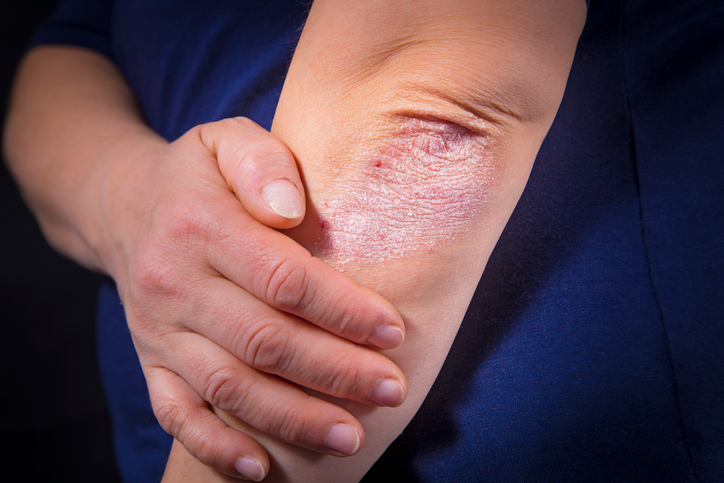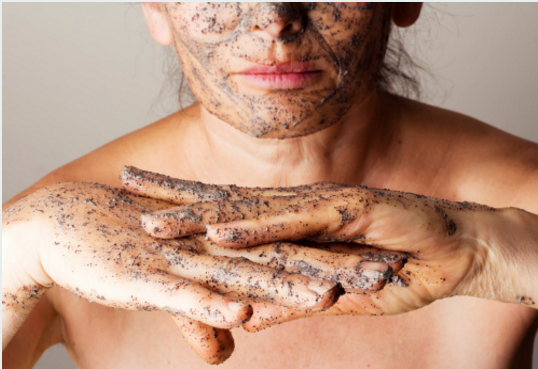Cyndi Lauper is a pop culture icon that is always looking flawless with full hair and makeup, which is why you would’ve never have guessed that she has psoriasis. She’s been living with psoriasis for just a couple of years, which spread to most of her body and sapped her strength before the skin disorder was controlled.
Appearing first on her scalp and later covering everything except her face, psoriasis struck Lauper in 2010 while the Grammy, Tony and Emmy award-winning singer-songwriter — famous for 1980s’ hits such as “Girls Just Want to Have Fun” and “Time After Time” — was on tour. She soldiered through appearances despite crushing exhaustion and an inability to regulate her temperature, which left her zigzagging between hot and cold.
“It’s funny — you start wearing gloves, or this and that, hoping that [psoriasis] is invisible, but it’s not. I wasn’t wearing it like, ‘Woo-hoo, check this out!’ Doesn’t everyone hide it?” said Lauper, now 64 and also an actress and author.
“You’d be surprised how many people have it and don’t talk about it,” she added. “It’s one of those things that’s kind of invisible, so it’s good to talk about it.”
Psoriasis isn’t just a cosmetic issue, though it often leads to embarrassing physical symptoms. About 7.5 million people in the United States are affected by plaque psoriasis, the most common form of the autoimmune disease, according to the National Psoriasis Foundation.
Marked by silvery, red skin plaques along with flaking, itching, scaling and bleeding, psoriasis has also been shown to raise the risks of conditions such as cardiovascular disease, diabetes, and depression.
“It’s not a rash, it’s an inflammatory disease and could lead to other problems,” emphasized Lauper, whose second album in 1986, “True Colors,” included the number-one single of the same name.
“Right now, cosmetology is the rage, and I love it, too, obviously. But when you have psoriasis, you have to research what’s best for you,” she added.
A longtime advocate for equality, Lauper founded the True Colors Fund in 2008 to end homelessness among lesbian, gay, bisexual and transgender youth. She’s now extending her advocacy efforts to the psoriasis community through a campaign with pharmaceutical company Novartis.






